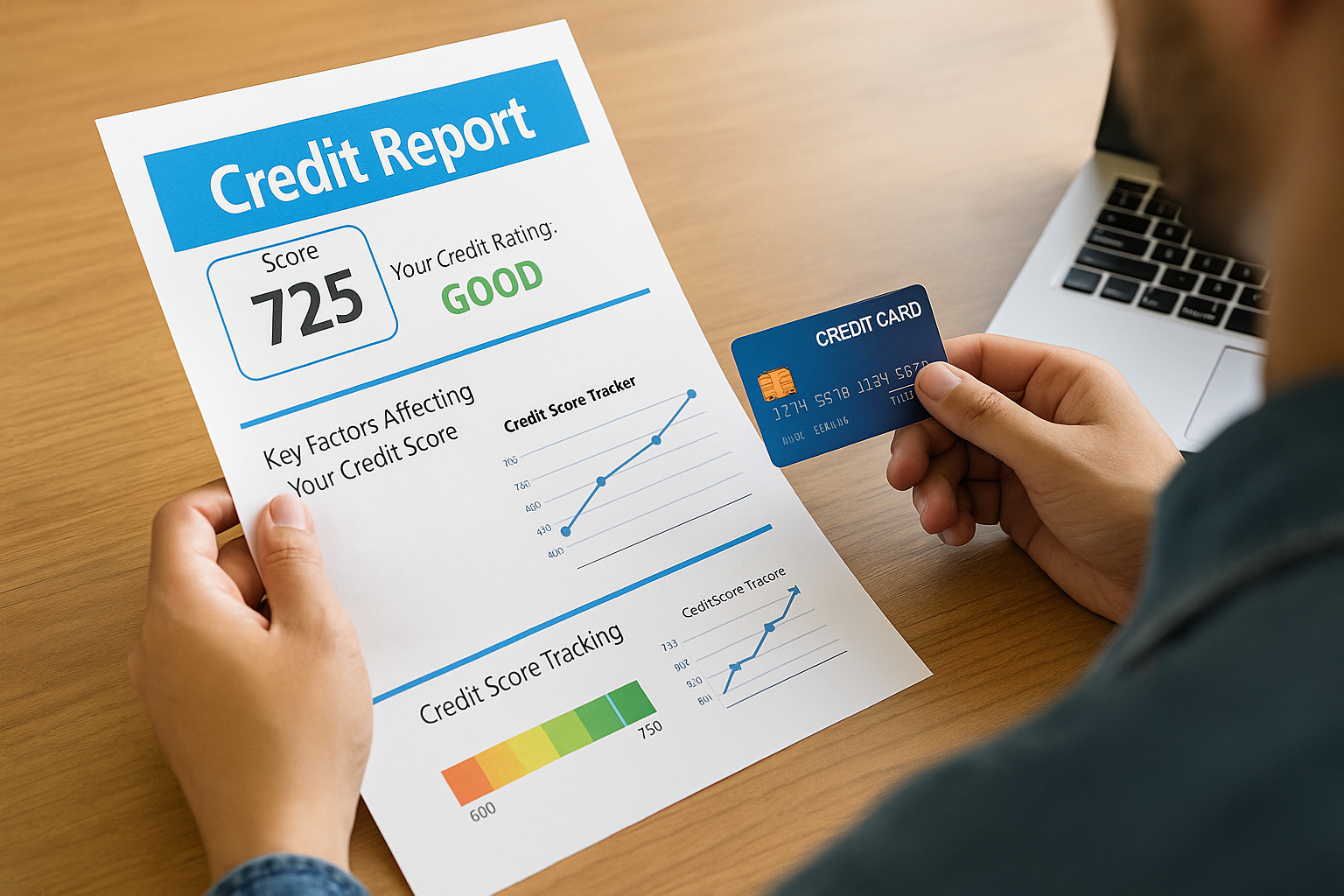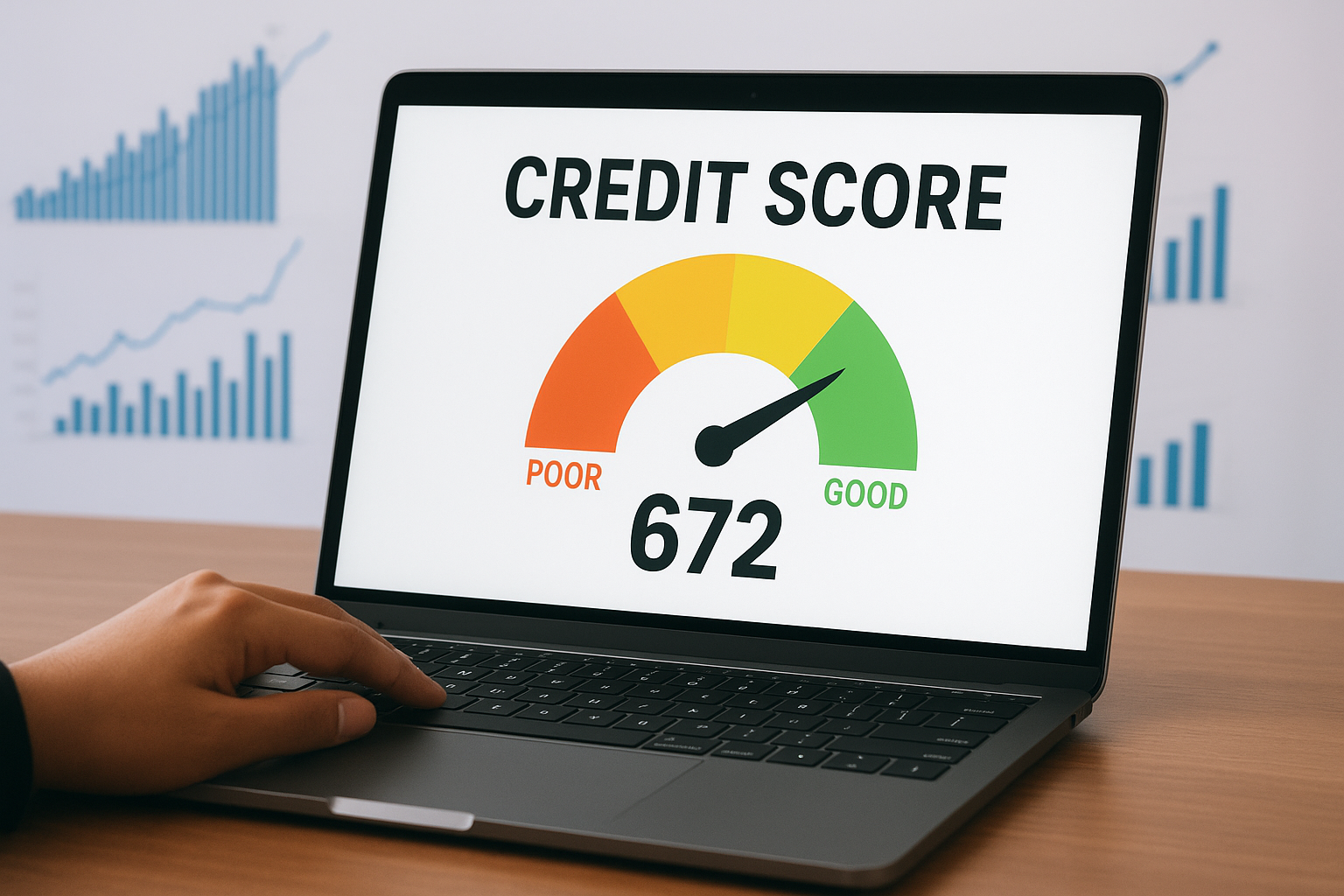If you’re wondering how to rebuild credit fast, you’re not alone. Millions of Americans face credit challenges at some point in their lives—from missed payments and high balances to defaults and bankruptcies. But the good news is: you can turn your credit around faster than you think with the right strategies.
In this post, we’ll show you 7 proven, practical, and powerful ways to rebuild your credit and improve your score without waiting years. These are real strategies you can start using today—even if your credit is in rough shape.
1. Check Your Credit Reports for Errors
The very first step in rebuilding credit fast is understanding what’s hurting your score. Errors on your credit reports are more common than you think. A wrong account, incorrect balance, or outdated information can drag your score down unfairly.
Here’s what to do:
-
Request your free reports from AnnualCreditReport.com
-
Review each one from Experian, Equifax, and TransUnion.
-
Dispute any inaccuracies immediately through each bureau’s website.
According to the FTC, one in five people have an error on their credit reports that impacts their score. Fixing these can give you an instant boost.
2. Pay Down Credit Card Balances
Your credit utilization ratio—how much credit you use compared to your total limit—is a major factor in your credit score. Aim to keep this ratio below 30%, but ideally under 10% for faster results.
Example:
If you have a $1,000 limit, try to keep your balance below $300. Paying off high balances shows lenders that you’re in control of your finances.
Tip: Use the debt avalanche method by paying off cards with the highest interest rate first, while making minimum payments on the rest.
3. Make Every Payment On Time (No Exceptions)
On-time payment history makes up 35% of your credit score—the single most important factor. Even one late payment can severely damage your score, especially if your credit is already low.
Set reminders, use autopay, or create a dedicated calendar. If you’ve missed payments in the past, start building a fresh streak now—credit scoring models reward recent on-time payments more than old negatives.
4. Use a Secured Credit Card the Smart Way
If you’ve been denied traditional credit cards, a secured credit card can be a game-changer for rebuilding credit fast. These cards require a refundable deposit, and you’ll get a limit equal to your deposit.
How it helps:
-
Your activity is reported to credit bureaus.
-
Use the card for small purchases and pay off in full monthly.
-
Build trust without going into debt.
Top-rated secured cards include Discover it® Secured and Capital One Platinum Secured.
5. Become an Authorized User on a Responsible Account
Ask a family member or trusted friend with excellent credit to add you as an authorized user on their credit card. You don’t need to use the card yourself—their good payment history and low utilization can benefit your score.
This tactic works best if:
-
The account has been open a long time.
-
There’s a perfect payment record.
-
The balance is low relative to the limit.
Just be cautious—any negative activity on their account can affect your score too.
6. Diversify Your Credit Mix With a Credit-Builder Loan
A credit-builder loan is designed specifically to help rebuild your credit. Unlike traditional loans, you don’t receive the money upfront. Instead, you make monthly payments, and the loan is released to you after completion.
Offered by many credit unions and online lenders, these loans:
-
Report to all three bureaus
-
Help build payment history
-
Improve your credit mix
Check out Self Financial or your local credit union for options.
7. Avoid Opening Too Many Accounts at Once
Each time you apply for credit, it results in a hard inquiry—which can shave a few points off your score. Applying for multiple accounts in a short time makes you look risky to lenders.
Instead:
-
Space out applications by at least 6 months.
-
Focus on maintaining existing accounts.
-
Only apply when necessary and pre-qualify when possible.
A steady, responsible approach always pays off in the long run.
Additional Tips to Rebuild Credit Fast
Set a Budget to Stay on Track
Rebuilding credit requires financial discipline. Start with a monthly budget. Use tools like YNAB or our internal guide: 7 Easy Ways to Save Money on a Tight Budget.
Track Your Score Progress
Use free tools like Credit Karma or Experian’s Credit Monitoring to monitor your progress. Seeing your improvements can keep you motivated.
Be Patient—but Persistent
Fast doesn’t mean overnight. Realistically, you can start seeing significant results in 3 to 6 months if you follow these steps consistently.
Final Thoughts: Rebuilding Credit Is Possible—And Worth It
Rebuilding credit can feel overwhelming, but it’s 100% doable. By taking small, consistent steps—like paying on time, lowering balances, and using credit-building tools—you’ll not only improve your score but also open doors to lower interest rates, better job opportunities, and peace of mind.
If you’re serious about changing your financial story, start today.




